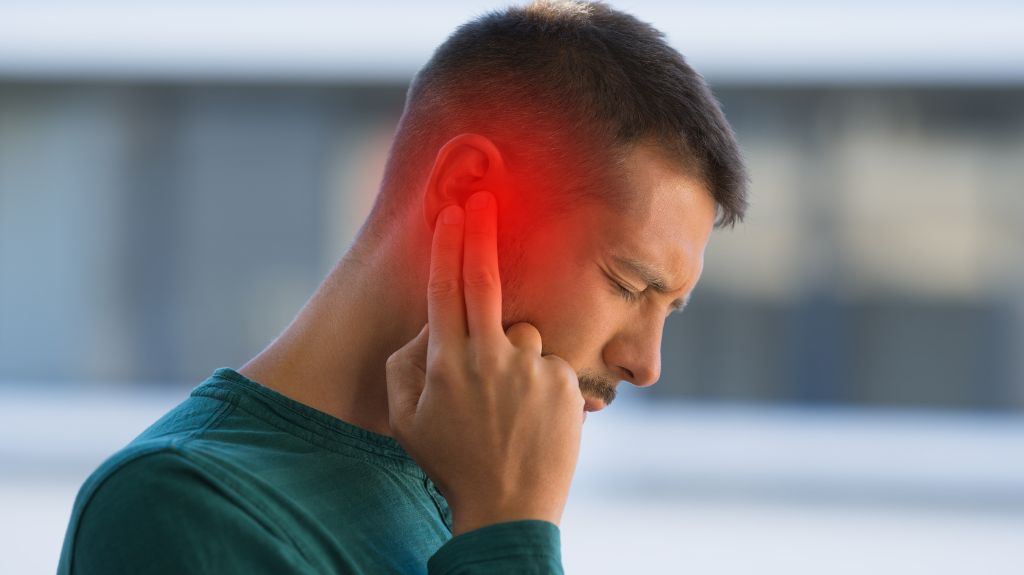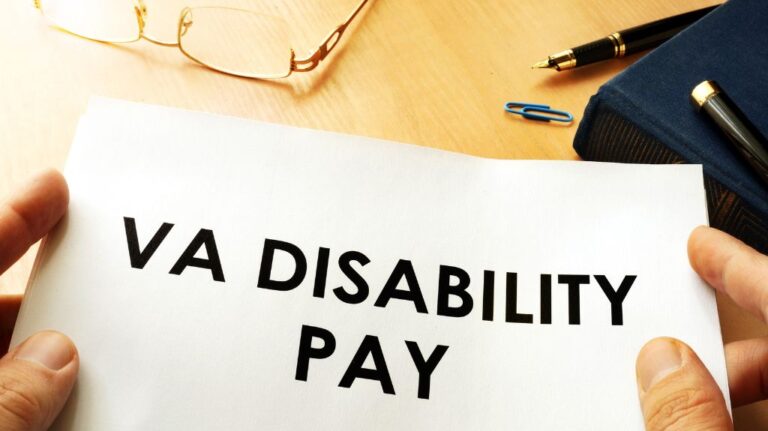What Is the VA Disability Rating for Tinnitus?

Did you know that tinnitus is the most common medical condition claimed by disabled veterans? Tinnitus is a medical condition that is claimed by almost 3 million veterans and is characterized by a constant ringing or other noise in the ears. This common veteran disability claim with the U.S. Department of Veterans Affairs can be complicated and may be changing as disability claims are re-evaluated. With that being said, many veterans want to know — what is the VA disability rating for tinnitus?
How Does the VA Rate Tinnitus?

The maximum VA disability rating for tinnitus is 10%. Veterans who file disability claims for tinnitus will receive that rating whether the tinnitus affects one or both ears and is supported by Diagnostic Code 6260. Tinnitus disability ratings can be increased when there is a connected secondary condition that is tied to the veteran’s tinnitus. With this in mind, tinnitus is not a medical condition that is eligible for a 100% disability rating, unless it is in connection with another service-connected injury, illness, or medical condition. Tinnitus is not considered a presumptive condition by the U.S. Department of Veterans Affairs.
What Are Secondary Conditions of Tinnitus for VA Disability Claims?
A connection between tinnitus and secondary conditions can increase a veteran’s disability rating. Here are some of the medical conditions related to tinnitus that may make veterans eligible for a higher disability rating.
- Traumatic Brain Injury (TBI): Tinnitus that was caused or connected to a TBI may make the veteran eligible for a higher disability rating. Traumatic Brain Injury disability claims can carry a rating of 10%, 40%, 70%, or 100% based on severity and symptoms.
- Hearing Loss: Tinnitus can be associated with hearing loss and veterans with hearing loss may receive a disability rating of 0%, 10%, 30%, 50%, or 100%.
- Migraines: Studies have shown a link between migraines and tinnitus. Veterans with migraines have a higher likelihood of developing tinnitus and a disability claim for migraines can earn a rating of 0%, 10%, 30%, or 50%.
- Sleep Disorders: The constant ringing in the ears of tinnitus can disrupt sleep patterns and lead to sleep disorders. Veteran disability claims for sleep disorders can have a disability rating of 0%, 10%, 30%, 50%, 70%, or 100%.
- Anxiety and Depression: With a lack of sleep and a constant ringing in the ears, many veterans can develop anxiety and depression that may be eligible for a higher disability rating. Anxiety and depression are rated at 0%, 10%, 30%, 50%, 70%, or 100%.
- Hypertension: High blood pressure (hypertension) can cause or worsen tinnitus symptoms. Hypertension is rated at 10%, 20%, 40%, or 60% by the Department of Veterans Affairs.
- Chronic Fatigue Syndrome (CFS): Chronic Fatigue Syndrome is an illness where fatigue is not mitigated by rest and can be made worse with mental or physical activity. Tinnitus and CFS often occur simultaneously and service-connected Chronic Fatigue Syndrome has a disability rating of up to 100%.
- Meniere’s Disease: This disorder often causes vertigo, tinnitus, or dizziness, and can be debilitating. Veterans with Meniere’s Disease may be eligible for a disability rating of 30%, 60%, or 100% based on the severity of symptoms.
- Somatic Symptom Disorder: This is a mental health condition where physical conditions can cause extreme mental or emotional stress. Somatic Symptom Disorder has a disability rating of 0%, 10%, 30%, 50%, 70%, or 100%.
READ MORE: What Are the Most Common VA Disability Claims?
Are you a veteran who struggles with tinnitus? You may be asking — what is the VA disability rating for tinnitus? We are here to help at VA Benefits Attorneys Powered by Tabak Law and hope this overview of how the VA rates tinnitus and secondary conditions has answered your questions.
Contact VA Benefits Attorneys Powered by Tabak Law today for help with your VA disability claim!







